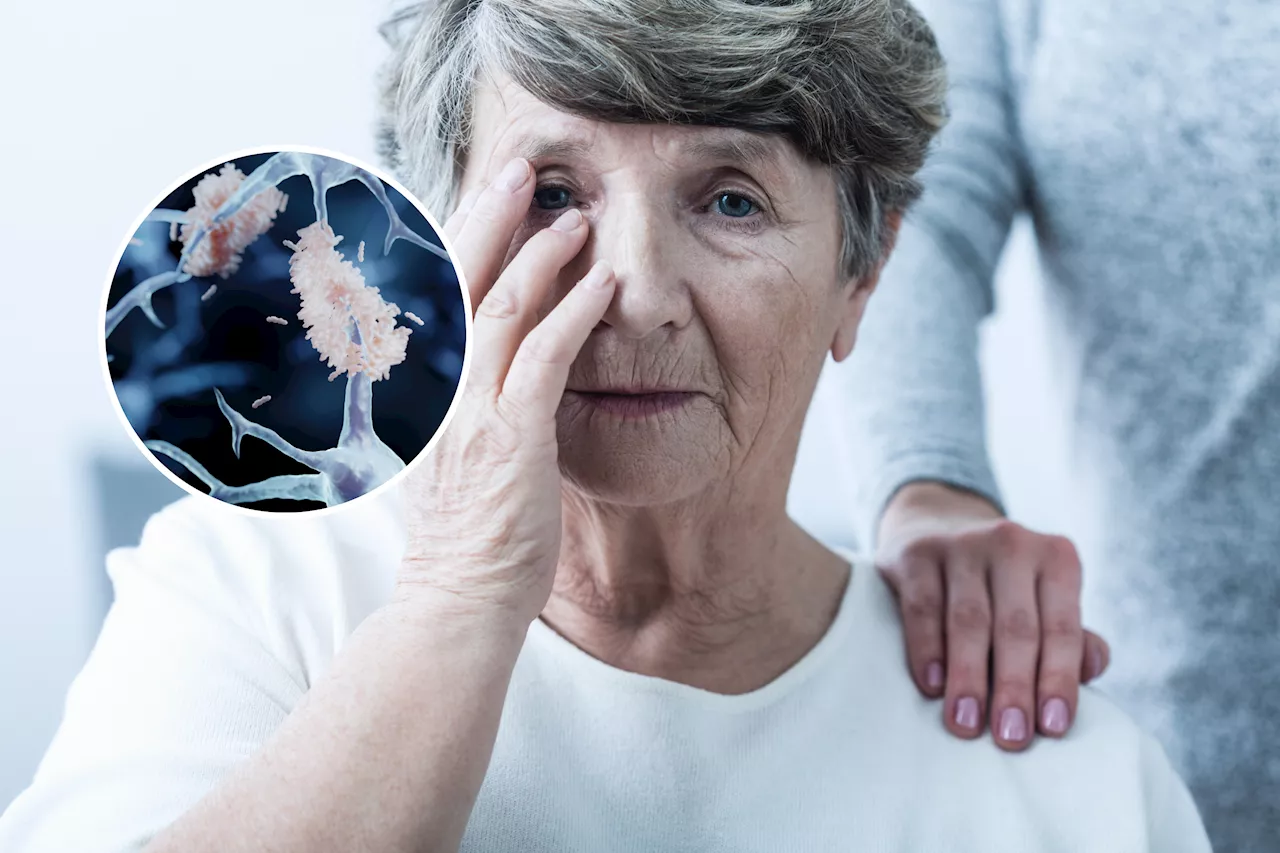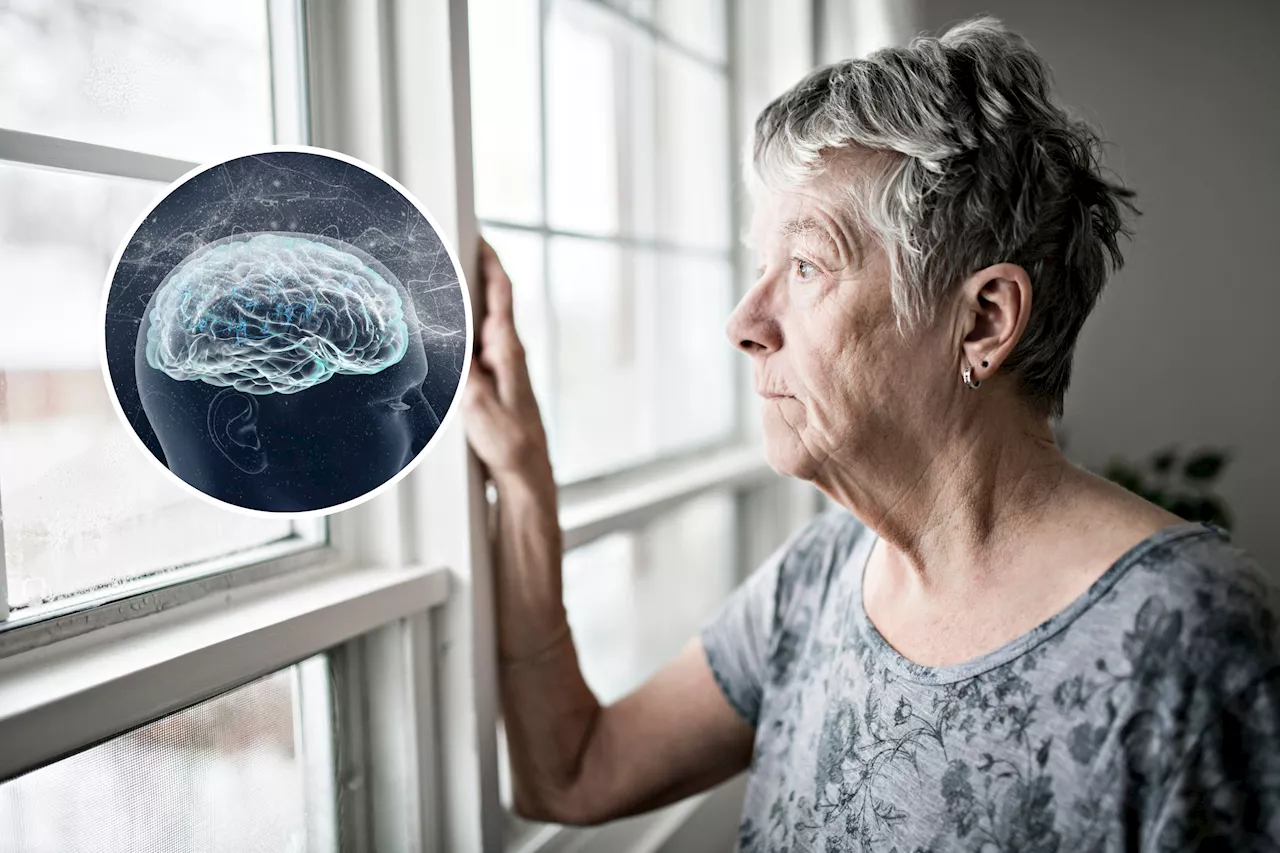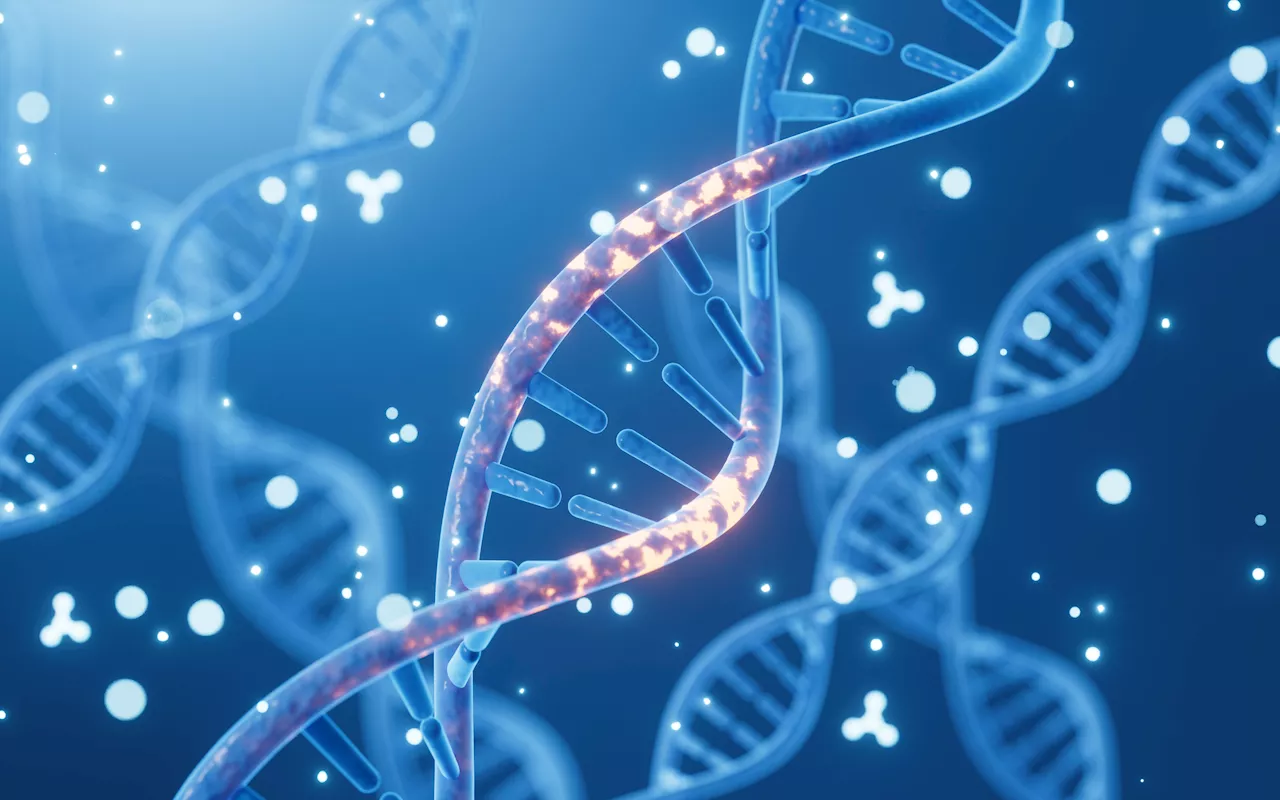Neuroscientists have artificially increased neuronal activity in part of the brain by briefly shining light on genetically modified neurons. They saw that this manipulation selectively enhanced performance in non-human primates performing a visual attention task, underscoring the crucial role that attention plays in sensory perception.
The locus coeruleus is a small region of the brainstem that produces norepinephrine, a chemical with powerful effects on arousal and wakefulness which plays an important role in the body's response to stress or panic. Now, research from the University of Chicago shows it plays a specific role in visual sensory processing as well., neuroscientists artificially increased neuronal activity in the LC by briefly shining light on genetically modified neurons.
Ghosh, who specializes in subcortical brain structures, suggested that the LC might be a good candidate to study for these effects. The team trained two monkeys to perform a visual task in which they paid attention to the left or right side of a screen. First, a sample image would appear on both sides of the screen. Next, after a delay, a test image would appear on one side of the screen.
Distinguishing the effects of attention from other factors, like decision-making or motor movements, is crucial, Ghosh said. Those processes take place in other parts of the brain, and can contribute to performance independently. Understanding how a relatively small brain structure like the LC impacts such an important function as attention is also one step toward solving the overall puzzle of the brain.
Brain Injury Perception Learning Disorders Intelligence ADD And ADHD Disorders And Syndromes Brain-Computer Interfaces
Canada Latest News, Canada Headlines
Similar News:You can also read news stories similar to this one that we have collected from other news sources.
 Neuroscientists Uncover Brain Region 'Crucial' to Deep SleepThe discovery paves the way for new treatments tackling sleep disorders and memory consolidation.
Neuroscientists Uncover Brain Region 'Crucial' to Deep SleepThe discovery paves the way for new treatments tackling sleep disorders and memory consolidation.
Read more »
 Neuroscientists Reveal Link Between Your Brain and What You EatResearch reveals a connection between BMI and the brain states necessary to achieve a goal, such as eating healthy foods.
Neuroscientists Reveal Link Between Your Brain and What You EatResearch reveals a connection between BMI and the brain states necessary to achieve a goal, such as eating healthy foods.
Read more »
 Neuroscientists Warn of 'Cascading' Alzheimer's Risk From These Two HabitsThe habits produce a 'synergistic effect' on our risk of developing Alzheimer's Disease and general cognitive decline.
Neuroscientists Warn of 'Cascading' Alzheimer's Risk From These Two HabitsThe habits produce a 'synergistic effect' on our risk of developing Alzheimer's Disease and general cognitive decline.
Read more »
 Neuroscientists Reveal Secret of Superagers' Excellent MemoriesWhite matter, which connects different regions of the brain, appears to retain better structure in superagers than in older people with memory decline.
Neuroscientists Reveal Secret of Superagers' Excellent MemoriesWhite matter, which connects different regions of the brain, appears to retain better structure in superagers than in older people with memory decline.
Read more »
 Paper: To understand cognition--and its dysfunction--neuroscientists must learn its rhythmsThought emerges and is controlled in the brain via the rhythmically and spatially coordinated activity of millions of neurons, scientists argue in a new article. Understanding cognition and its disorders requires studying it at that level.
Paper: To understand cognition--and its dysfunction--neuroscientists must learn its rhythmsThought emerges and is controlled in the brain via the rhythmically and spatially coordinated activity of millions of neurons, scientists argue in a new article. Understanding cognition and its disorders requires studying it at that level.
Read more »
 Neuroscientists Discover Shapeshifting DNA Controls Memory FormationThe discovery transforms our understanding of how DNA functions as an on and off switch to control learning and memory, the researchers say.
Neuroscientists Discover Shapeshifting DNA Controls Memory FormationThe discovery transforms our understanding of how DNA functions as an on and off switch to control learning and memory, the researchers say.
Read more »
